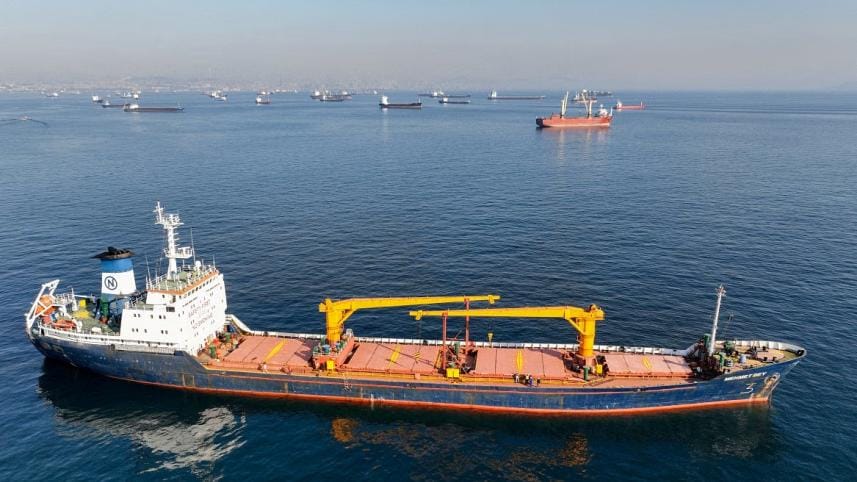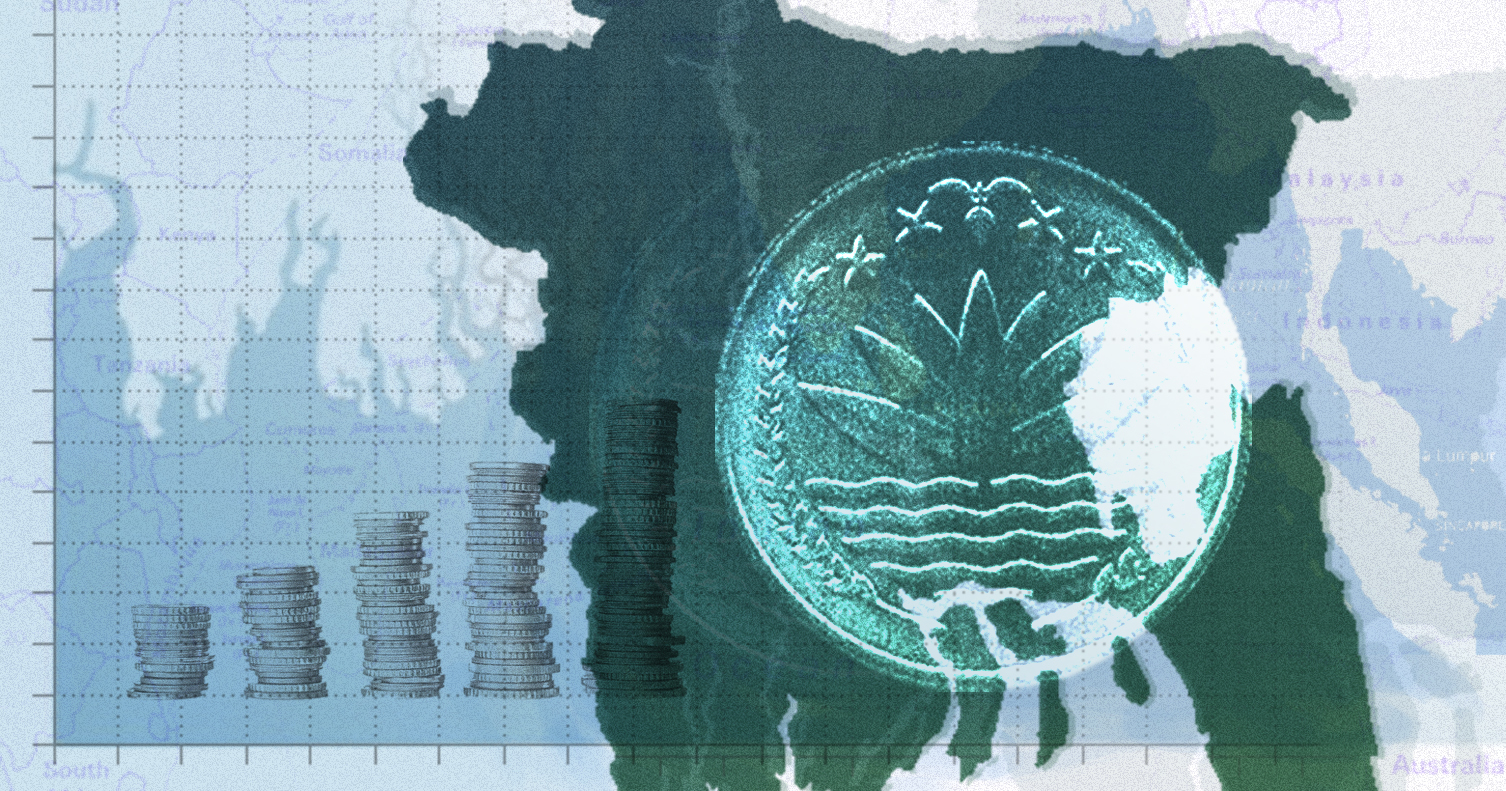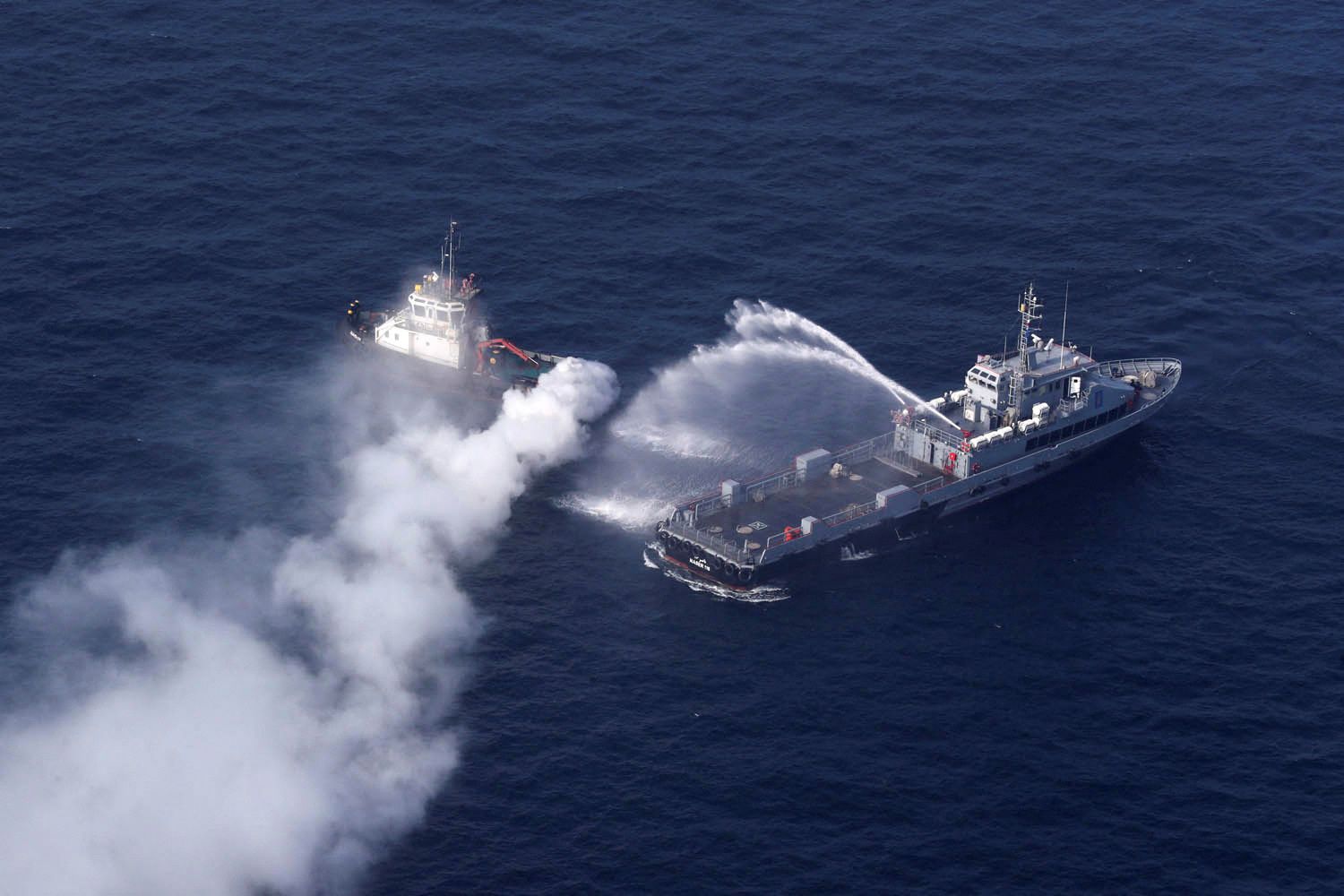The growing importance of Bangladesh in the Indo-Pacific

"Bangladesh is a strategically important country in South Asia and the Indo-Pacific region due to its geographic location connecting South and Southeast Asia." – US.
"Bangladesh is an increasingly important strategic partner for the UK in the Indo-Pacific region and it is a key player in upholding the Rules-Based International System (RBIS)." – UK.
"Bangladesh, located in the Bay of Bengal, is a vital country in geopolitical terms and it needs to utilise its geographical advantage to increase economic opportunities fully." – Japan.
Bangladesh, as the gateway to South and Southeast Asia, remains geographically central in the Bay of Bengal region. And naturally, the location of the country makes it a focal element in the Indo-Pacific strategy of the United States, India, Japan and Australia.
Various initiatives—like the Asia Rebalancing Strategy, Belt and Road Initiative, Free and Open Indo-Pacific, Quadrilateral Security Dialogue, Trilateral Security Pact, Indo-Pacific Tilt, Security and Growth for All in the Region, and Indo-Pacific Economic Forum for Prosperity—have been adopted by countries to address new security challenges as well as infrastructural, economic and technological developments in the region.
In April 2023, Bangladesh published a peace and development-centric Indo-Pacific Outlook. In the words of State Minister for Foreign Affairs Shahriar Alam, "Our Indo-Pacific Outlook is an attempt to tell the world that the region is for common prosperity, not just for those who live in it, but also for the whole world."
If one analyses Bangladesh's maritime policy over the decades, it promotes rules-based maritime order in the Indo-Pacific region. In its foreign policy and international relations, the country has always advanced a free and open Indo-Pacific. In its Indo-Pacific Outlook, it considered four principles that include Bangladesh's foreign policy dictum: "friendship to all, malice toward none," respect for national sovereignty and equality of other countries, political independence, and non-interference in domestic affairs of other nations.
These principles signal that Bangladesh would remain adamant about its non-aligned position and not lean towards any particular country or bloc. The primary emphasis is the need for peace and stability in the region. The country also focuses on military de-escalation while seeking greater cooperation in the region. Strengthening mutual trust and forging cooperation while promoting dialogue and understanding with the aim of ensuring peace, prosperity and stability is one of the objectives of Bangladesh's Indo-Pacific Outlook. The country's stance on the Indo-Pacific region is different from its Western counterparts. The West has an anti-China dimension in its Indo-Pacific strategy, whereas Bangladesh has taken an all-inclusive outlook. Thus, Bangladesh is focusing on greater cooperation and stability in the region. The country is an advocate of a free, open and all-inclusive Indo-Pacific that will bring peace and development to the surrounding nations.
The country also emphasises on the security of the sea-lanes of communication in the Indian Ocean and Indo-Pacific region. Sea lanes are utilised to transport around 90 percent of all global shipments. Moreover, the Indian Ocean makes way for 80 percent of all global maritime oil shipments and one-third of the world's bulk cargo traffic. On the other hand, trans-Pacific routes are the largest shipping zone in terms of load size. Thus, security in the maritime trade routes is a major concern for countries that depend on maritime trade.
Bangladesh calls for strengthening the existing mechanism for ensuring these in the Indo-Pacific marine zone. While formulating the Indo-Pacific Outlook, Bangladesh adopted the need for upholding the exercise of freedom of navigation, overflight, and response to emergencies at sea, and conducting search and rescue operations under the relevant international laws such as UNCLOS 1982. The free flow of cargo through the oceans is a must for the economic development of Bangladesh and other countries. Thus, Bangladesh focuses on a secured sea lane of communication in this region for all.
In addition, the impacts of climate change, ocean acidification, illegal, unreported and unregulated (IUU) fishing, piracy, and human trafficking in the sea remain key challenges for Bangladesh's maritime security. Tackling these issues requires cooperation from other states and non-state actors. The World Bank estimates that Bangladesh suffers $1 billion in annual losses due to average tropical cyclones. It also speculates that Bangladesh may lose one-third of its agricultural GDP by 2050, while 13 million people may become internal climate migrants in the country. Meanwhile, ocean acidification and IUU fishing are responsible for marine fisheries depletion, and piracy and human trafficking have become growing concerns. Incidents of piracy have disrupted shipping routes, and a large number of people, mostly women, are trafficked via the Bay of Bengal every year. These issues require concerted efforts to be resolved, as they are difficult to address by a single state or non-state actors. However, Bangladesh supports international and regional actions towards combating transnational and organised crime in the Bay.
The US has recognised the geopolitical importance of Bangladesh by mentioning that the country is a bridge between South Asia and South-east Asia. The UK considers Bangladesh a strategic partner in the Indo-Pacific region and recognises Bangladesh's efforts to uphold the Rules-Based International System. Japan also conveys that Bangladesh is a vital country in terms of geopolitics, and the country needs to utilise its geographical advantage. And so, this recognition of Bangladesh's geopolitical importance by regional and extra-regional powers clearly illustrates the growing importance of Bangladesh in the Indo-Pacific region.
Md Shariful Islam is an associate professor of international relations at the University of Rajshahi. He is also an adjunct research fellow at the KRF Center for Bangladesh and Global Affairs (CBGA, Dhaka). E-mail: shariful_ruir@ru.ac.bd
Views expressed in this article are the author's own.
Follow The Daily Star Opinion on Facebook for the latest opinions, commentaries and analyses by experts and professionals. To contribute your article or letter to The Daily Star Opinion, see our guidelines for submission.




 For all latest news, follow The Daily Star's Google News channel.
For all latest news, follow The Daily Star's Google News channel. 


Comments